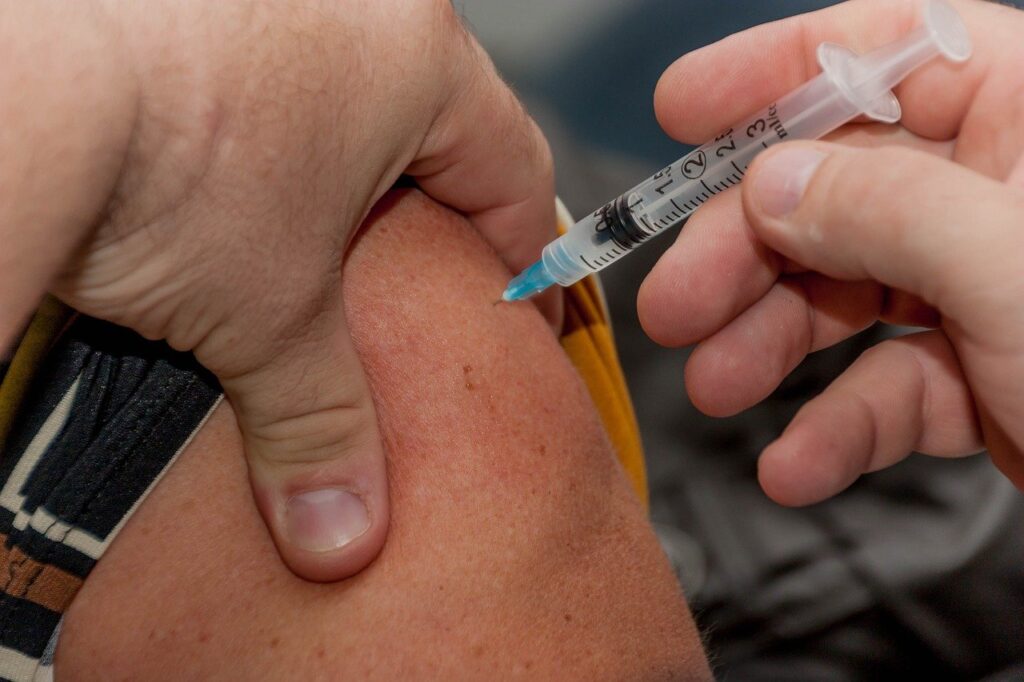
By Eli Walsh. Bay City News.
The city of Berkeley will eliminate its COVID-19 vaccination requirement for city employees effective March 1, aligning with the end of the state's pandemic emergency declaration.
Existing City of Berkeley employees have been required to show proof of vaccination since late 2021 unless they have an exemption, while all new employees must report their vaccination status as a condition of employment.
That will change the first week, P. Health Division officials said Tuesday.
